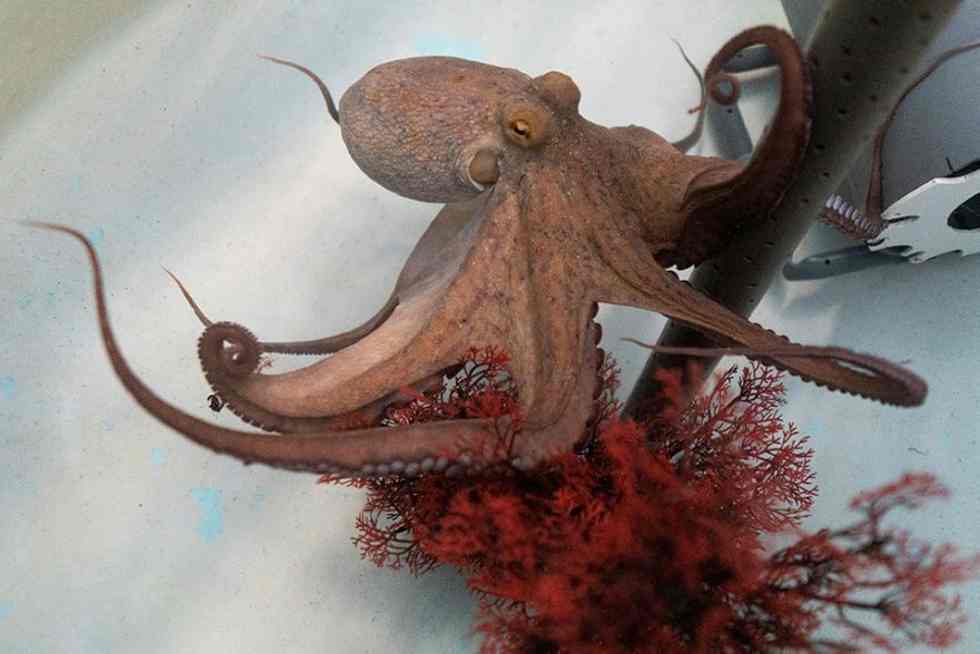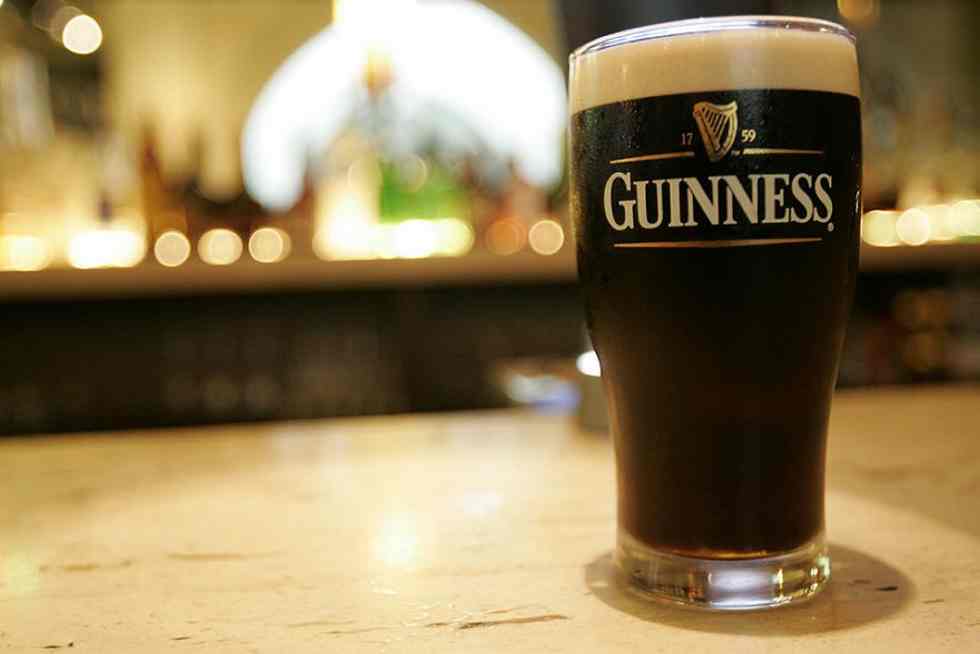[MADRID] Spurred on by hovering demand for seafood, a Spanish firm plans to open the primary business octopus farm subsequent yr however as scientists uncover extra concerning the enigmatic animals some warn it could possibly be an moral and environmental catastrophe.
“It is a world milestone,” stated Roberto Romero, aquaculture director at Nueva Pescanova, the corporate pouring 65 million euros (S$99.2 million) into the farm, which is pending environmental approval from native authorities.
On the firm’s analysis centre in Galicia, northwest Spain, a number of octopuses silently propelled themselves round a shallow indoor tank.
2 technicians in waders plucked a mature specimen right into a bucket for switch to a brand new enclosure, with 5 different octopuses.
Constructing on a long time of educational analysis, Nueva Pescanova beat rival firms in Mexico and Japan to good the situations wanted for industrial-scale breeding.
The business incentives for the farm, which is slated to provide 3,000 tonnes per yr by 2026 for home and worldwide meals chains and generate lots of of jobs on the island of Gran Canaria, are clear.
Keep up to date with
BT newsletters
Your suggestions is necessary to us
Inform us what you suppose. E mail us at btuserfeedback@sph.com.sg
@media (min-width: 768px) { .sm-text-left {text-align: left; } }
Between 2010 and 2019 the worth of the worldwide octopus commerce ballooned to US$2.72 billion from US$1.30 billion, in response to information from the UN Meals and Agricultural Organisation, whereas landings solely rose round 9 per cent to 380,000 tonnes.
WELFARE CONCERNS
Nonetheless, earlier efforts to farm octopus have struggled with excessive mortality, whereas makes an attempt to breed wild-caught octopus bumped into issues with aggression, cannibalism and self-mutilation.
David Chavarrias, the centre’s director, stated optimising tank situations allowed the corporate to get rid of aggression and breed 5 generations in captivity.
“Now we have not discovered cannibalistic behaviour in any of our cultures,” he stated.
However not everyone seems to be satisfied.
For the reason that 2020 documentary “My Octopus Trainer” captured the general public creativeness with its story of a filmmaker’s friendship with an octopus, concern for his or her wellbeing has grown.
Final yr, researchers on the London Faculty of Economics concluded from a overview of 300 scientific research that octopus had been sentient beings able to experiencing misery and happiness, and that high-welfare farming can be unimaginable.
Raul Garcia, who heads the WWF conservation organisation’s fisheries operations in Spain, agrees.
“Octopuses are extraordinarily clever and very curious.
And it is well-known they aren’t comfortable in situations of captivity,” he advised Reuters.
Any farming operation aiming for a top quality of life by approximating their pure habitat – solitary on the ocean mattress – would possible be too costly to be worthwhile, he stated.
European Union legal guidelines governing livestock welfare don’t apply to invertebrates and though Spain is tightening up its animal safety laws, octopuses aren’t set to be included.
Nueva Pescanova has not supplied particular particulars on tank sizes, density, or feed, citing commerce secrecy. It has stated the animals are always monitored to make sure their wellbeing.
Chavarrias stated extra analysis was wanted to find out if octopus had been really clever.
“We wish to say that greater than an clever animal, it’s a responsive animal,” he stated “It has a sure capability for resolve when confronted with survival challenges.”
SUSTAINABLE?
Regardless of rising concern for animal rights, demand is booming, led by Italy, Korea, Japan and Spain, the world’s largest importer. Pure fishing grounds are feeling the pressure.
“If we need to proceed consuming octopus now we have to search for an alternate … as a result of the fisheries have already reached their restrict,” stated Eduardo Almansa, a scientist at Spain’s Oceanography Institute, which developed the expertise utilized by Nueva Pescanova.
“For now aquaculture is the one out there choice.” Half the seafood consumed by people is farmed. The trade has historically pitched itself as a way of assembly shopper demand whereas assuaging strain on fishing grounds, however ecologists say that obscures its true environmental toll.
Round a 3rd of the worldwide fish catch is used to feed different animals and rising demand for fishmeal for aquaculture is exacerbating stress on already depleted shares, the WWF stated.
Nueva Pescanova’s Chavarrias stated he recognised the priority round sustainability and burdened the corporate was researching using waste fish merchandise and algae as different feed however stated it was too early to debate the outcomes.
Some activists say the answer is far less complicated: do not eat octopus.
“There’s so many great vegan alternate options on the market now,” stated Carys Bennett of animal-rights group Peta. “We’re urging everybody to protest in opposition to this farm.” The venture is pending approval from the Canary Islands’environmental division.
Requested if the division would think about opposition from rights-groups, a spokesperson stated “all required parameters can be taken under consideration”.
Conventional octopus fishermen are additionally cautious of the enterprise, apprehensive it might push down costs and undermine their status for high quality produce.
Pedro Luis Cervino Fernandez, 49, leaves the Galician port of Murgados at 5 am each morning searching for octopus. He fears he won’t be able to compete with industrial farming.
“Large firms simply need to take care of their backside line …
they could not care much less about small firms like us,” he advised Reuters on his small boat off the Galician coast.
A couple of hundred miles inland at La Casa Gallega, a Madrid restaurant specialising in pulpo a la gallega – seared octopus with boiled potatoes and loads of paprika – workers had been unimpressed by the prospect of farmed produce.
“I do not suppose it would ever be capable of compete with Galician octopus,” stated head waiter Claudio Gandara. “It is going to be like different farmed fish … the standard isn’t the identical.” REUTERS












Leave a Reply